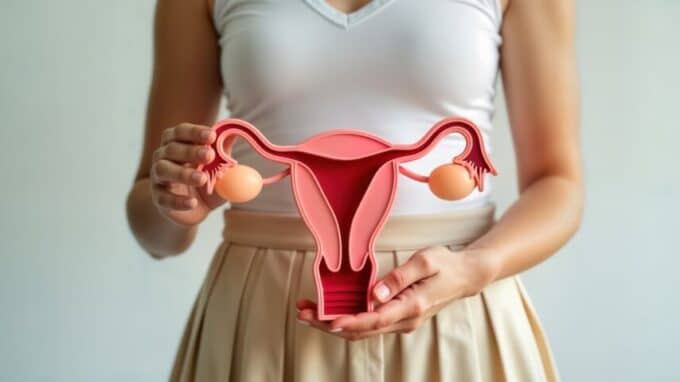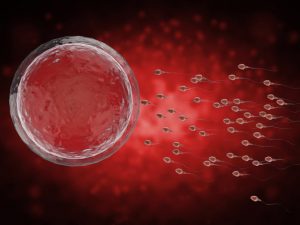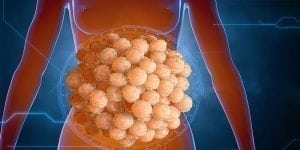Our cells are constantly being damaged by factors such as UV rays, radiation, toxins and chemicals. In women, this can lead to poor egg quality, which in turn can cause infertility, miscarriage, birth defects or genetic disorders. Researchers at the University of Missouri are now working to better understand a process that can help repair this damage.
Autophagy
In a recent study, a team led by Ahmed Balboula, assistant professor in the College of Agriculture, Food and Natural Resources (CAFNR) and a researcher in the Roy Blunt NextGen Precision Health Building, is studying a process known as autophagy. Autophagy, the unsung hero of cell biology, serves as the body’s natural defense mechanism by maintaining cellular health through the recycling of components and keeping the body’s systems balanced and functional.
In his latest study, however, Balboula and his research team discovered that autophagy is less efficient in female ova when there is moderate or severe DNA damage, which is more common in older women. “When autophagy activity decreases in oocytes with DNA damage or in maternally aged oocytes with moderate DNA damage, there is an increased risk of aneuploidy,” Balboula said. Aneuploidy – an abnormal number of chromosomes in a cell – is the most common genetic cause of miscarriage and congenital birth defects, including Down syndrome.
Improving Female´s Egg Quality
Balboula and his team also discovered a possible solution. In the study, they found that by enhancing or stimulating autophagy in female eggs, they were able to improve egg quality by reducing DNA damage and the likelihood of abnormal chromosome numbers. By successfully demonstrating that stimulating autophagy can reduce the amount of DNA damage in female oocytes, the results may open up new avenues for improving the quality of female oocytes and ultimately improve reproductive health in humans and animals.
“The autophagy deactivation we observed is likely just one of many underlying mechanisms contributing to aneuploidy,” Balboula said. In the future, the expert will continue to explore other underlying mechanisms contributing to poor egg quality, ultimately advancing efforts to improve female egg quality. The study was published in Nature Communications.





